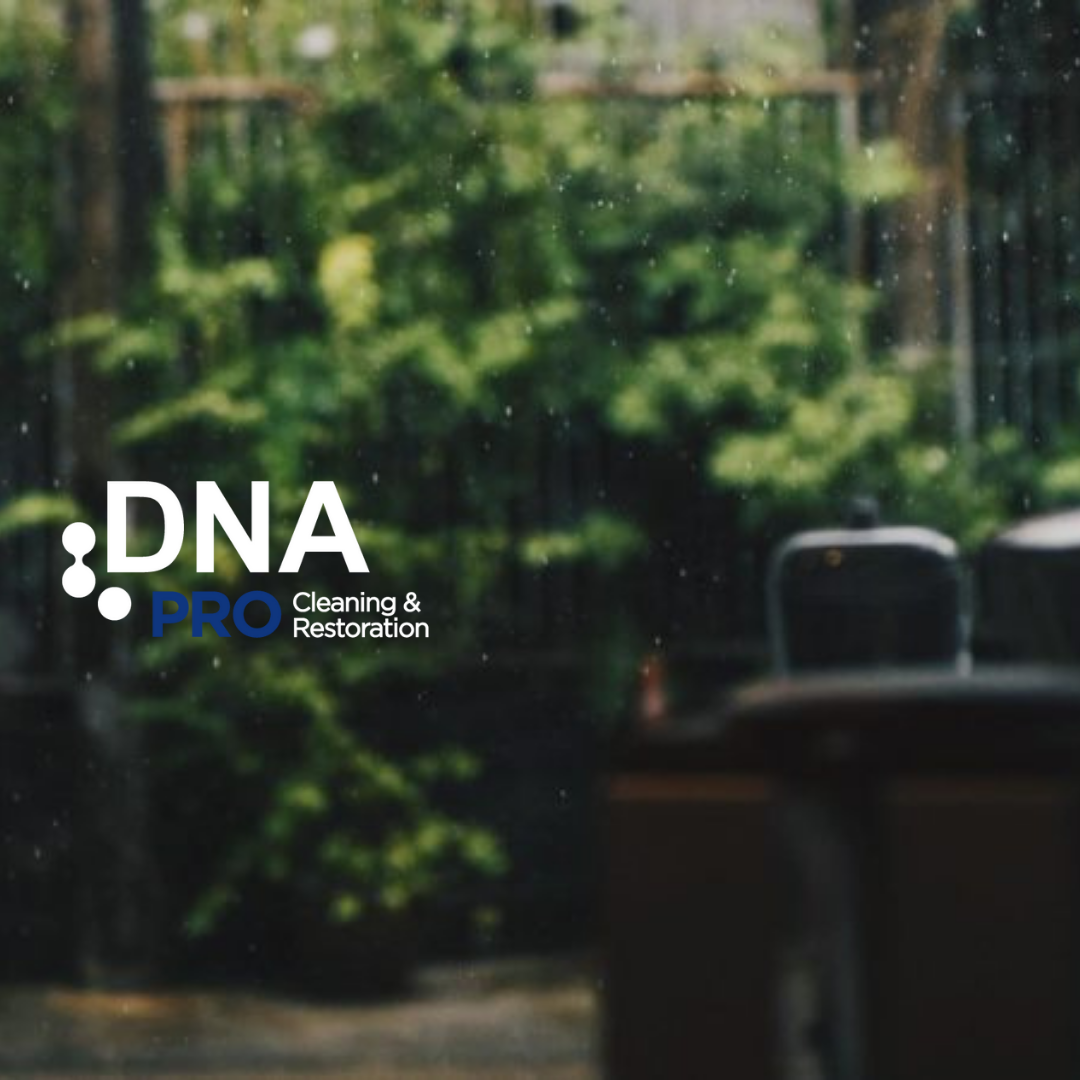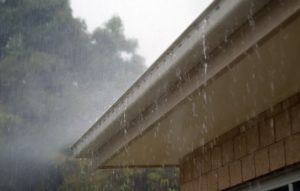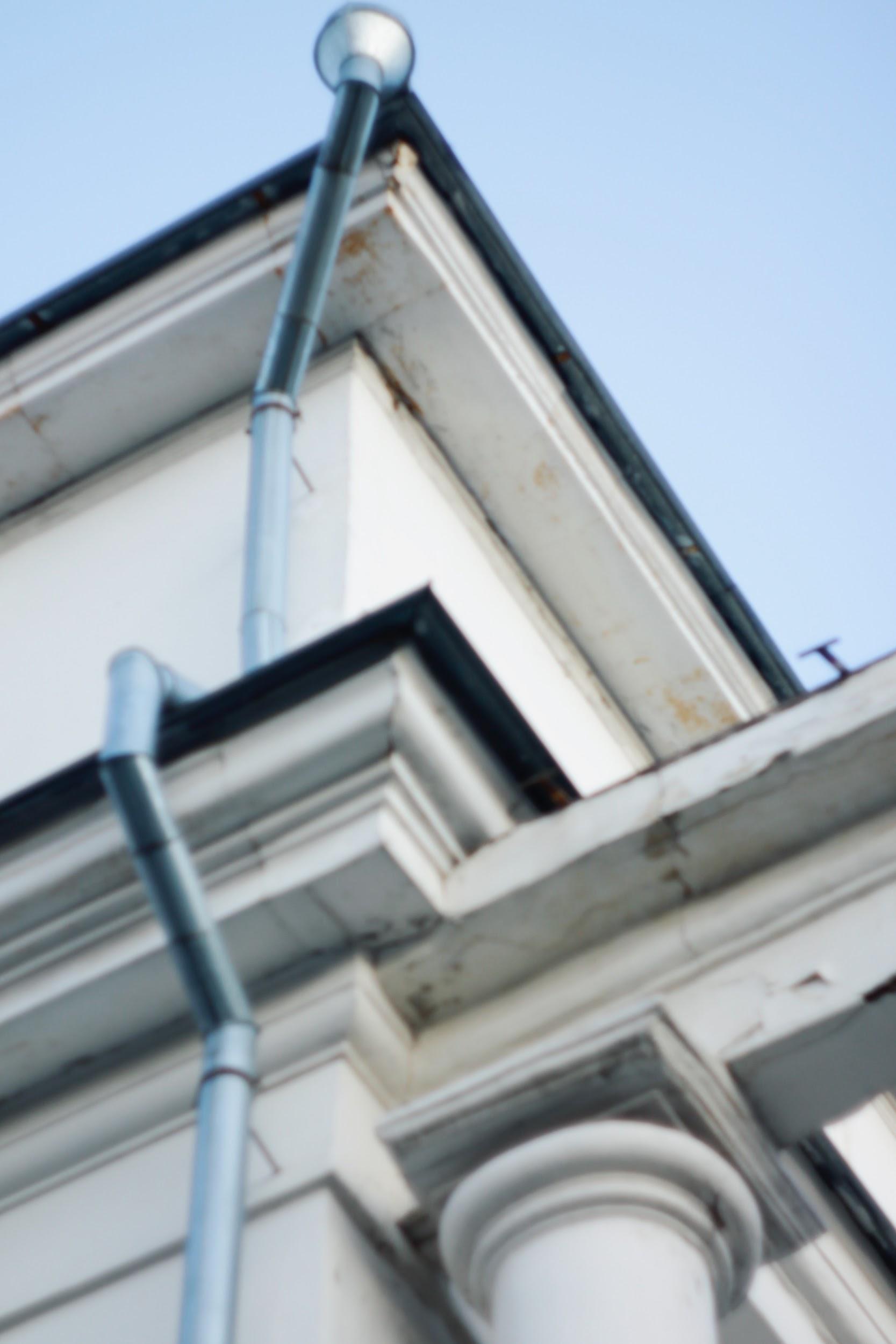Preventing Water Damage In Your Home

Water can enter your house from almost anywhere or it can already be inside your house in the pipes that run to your sink and toilet. It doesn’t matter the source, what is important is the damage it causes.
Water inside the house can be damaging and expensive. It can rot, rust, erode, and mold different surface types like wood, pipes, and carpet.
Once water gets into the carpet, it will begin to smell and compromise the look of your floor. Drying the carpet won’t help because the pad beneath it will stay damp for a long period of time. A professional cleaning will be required to remove the smell.
Water in, or on the walls, can leave big watermarks and start to weaken the wall. Metal and water cause rust which also leaves marks, and water can erode electrical wires, which can start fires.
Roof
The first stop from cloud to ground will obviously be the tallest point. Your roof can be a key point in preventing water from entering the home. If even one tile is missing, it gives the water a chance to make its way in.
Safely checking your roof before the rainy season is important as roof leaks can develop for many reasons such as wind and storm damage, improper installation, and lack of maintenance. You should also check for missing roof tiles, cracks/damage on the sheet metal, and if you have shingles, check those as well. Fixing any holes or cracks would be your first step. After that, take a look around and notice any spots that look weak or damaged, and arrange to have them repaired.
Leaky roofs are a problem for the entire household as they can pose health and safety risks. Constant water leakage will work it’s way from the attic to the foundation, causing expensive damage.
Gutters
The purpose of a gutter is to help catch the rainfall and ensure it stays away from the roof and foundation of your home. I’m sure you’ve heard of cleaning your gutters before a big rainstorm, but what about cracks or damage? Noticing little granules in your gutters could mean your roof’s coating needs to be resealed.
Clean out any leaves or debris in your gutters to give the water a clear path to the downpipe. It is also a good idea to check out that downpipe and make sure that there isn’t anything such as dead animals, nests, or gunk blocking the path down.
Check the Inside
Checking the inside of your house can be just as important as checking the outside. Look at your ceiling for any signs of water damage or cracks already visible. You will want to notice water damage before the rain starts, so that you can take appropriate measures to repair the damage, and keep it from getting worse.
Doors and Windows
Don’t forget to go around the house checking the windows. Windows tend to leak when the seals get weak and often go unnoticed until the damage is extensive. You can check your windows by having someone spray water against them while another person checks for water on the inside.
Doors and windows have seals on them for the purpose of keeping water on the outside, and not letting it in. Check the seals on your doors to make sure that they are intact and working properly. This will help identify any weak or missing seals.
Clear Branches
Nature can also bring its own drain plug that clogs up drains. Water backs up and has nowhere to go but inside your home. Check your drains to make sure they are not covered with dirt and leaves.
Any trees that you have with dead branches on them could cause an extreme amount of damage in a storm. They can fly through windows, damage cars, and/or cause a huge hole in your roof! Cutting them down before the rainy season starts is the best way to avoid the destructive path of an angry tree arm.
Make sure your roof, walls, ceiling, gutters, and trees are taken care of before this rainy season starts. Even having your basement filled with sandbags to avoid flooding can be a smart idea. No one wants to deal with a huge leak in the middle of a storm! Using these tips to help prepare your house for this rainy season can save you time and money in the long run.









